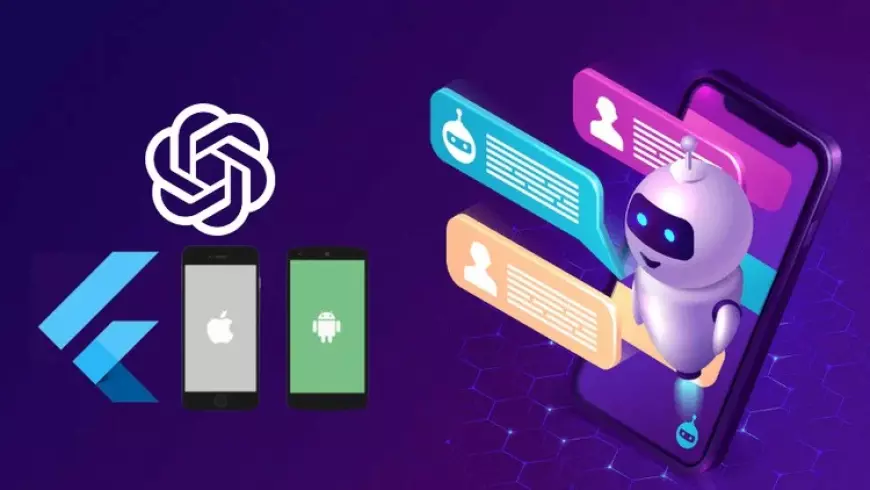OpenAI plans to launch a new AI that will make ChatGPT appear inferior by comparison
OpenAI is preparing to introduce a revolutionary AI that will outshine ChatGPT, highlighting its shortcomings and marking a significant advancement in the field.

Reports indicate that OpenAI is preparing to launch a new AI tool this summer, surpassing the capabilities of its ChatGPT chatbot. The upcoming model, potentially named GPT-5, is currently undergoing testing by select business users, as reported by Business Insider. According to one CEO, the new AI is described as "exceptionally good, significantly surpassing previous iterations." GPT-5 is expected to enhance upon existing AI models and introduce novel features such as autonomous task performance.
Although no specific release date has been announced, it's anticipated that safety tests will precede its public availability. The Independent has contacted OpenAI for further clarification.
OpenAI CEO Sam Altman expressed his dissatisfaction with GPT-4, which powers premium versions of ChatGPT, stating that he finds it inadequate.
During an interview on the Lex Fridman Podcast, Mr. Altman mentioned that OpenAI plans to launch an exceptional new model this year, although it is currently unnamed. He stated, "We'll be introducing various advancements in the upcoming months," highlighting the importance of releasing other significant developments before discussing a potential GPT-5-like model. Additionally, the CEO addressed the significant energy demands of artificial intelligence, suggesting that only a breakthrough in nuclear fusion, providing near-limitless power, could meet the future requirements of next-generation AI.
Referred to as the "holy grail" of clean energy, nuclear fusion replicates the natural processes observed in the Sun to generate energy, but achieving it on a large scale remains elusive. "Energy is the most challenging aspect," he noted. "Establishing data centers, managing the supply chain, and manufacturing sufficient chips are all formidable tasks. However, it appears that this is the direction in which things are progressing. We will require a level of computing power that is currently difficult to comprehend."












































